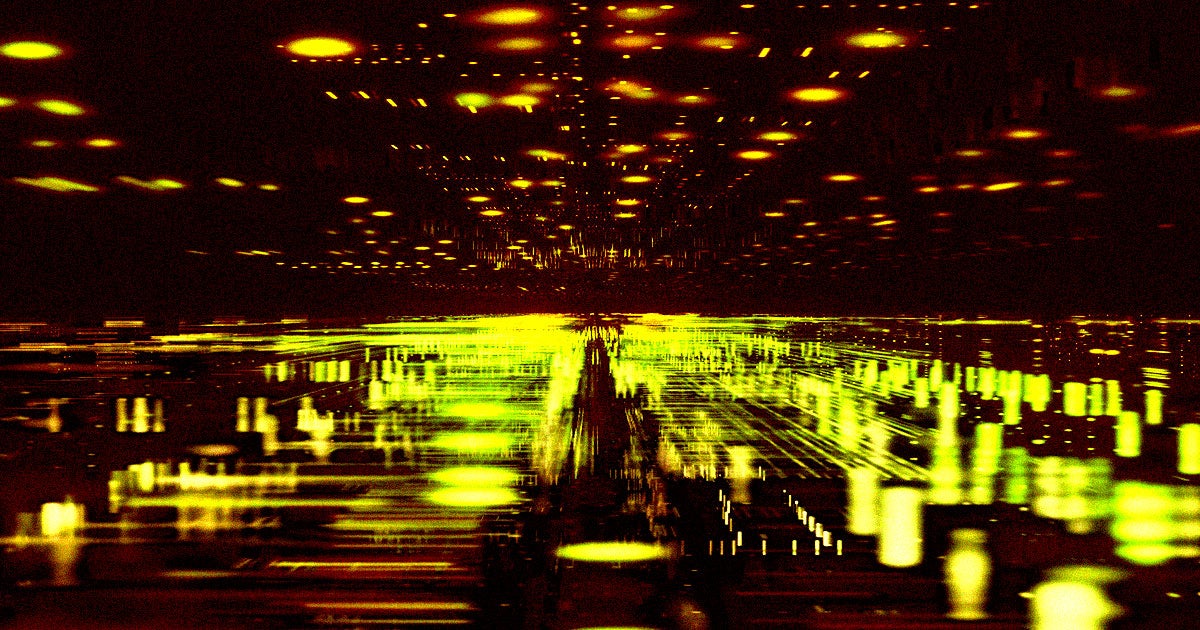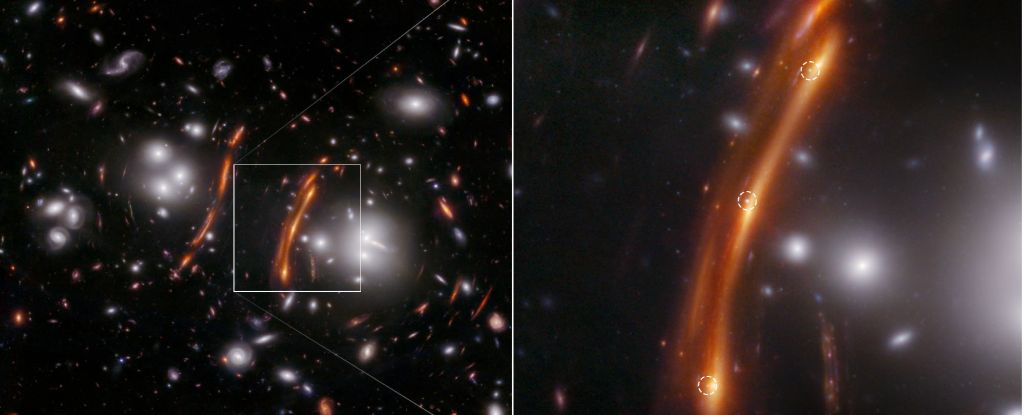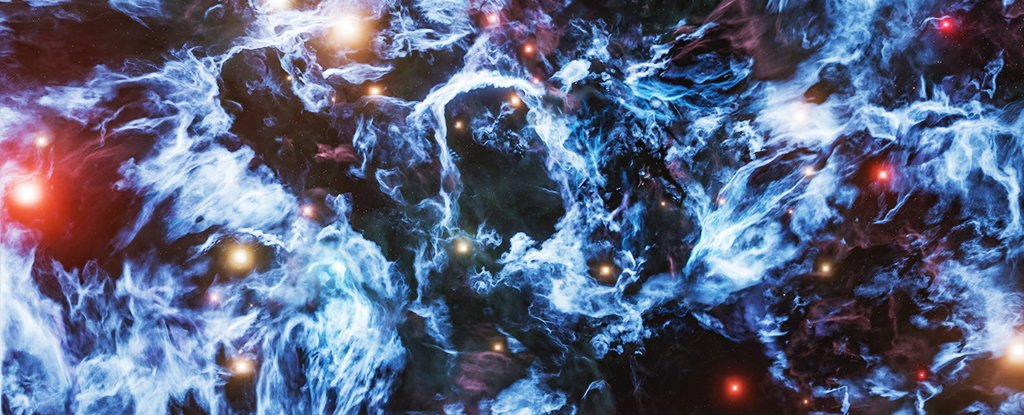
Physicist Melvin Vopson offered a new interpretation of gravity, arguing that it could be evidence that reality is a computer simulation.

China is now home to the world's most powerful centrifuge capable of creating artificial gravity. This facility will enable a wide range of experiments to help make sense of scientific phenomena, simulate geological events, and test new materials.

Using data from the Dark Energy Spectroscopic Instrument (DESI), astronomers have completed the most precise gravity test ever taken.

The light of a supernova that has traveled for 10 billion years to reach us has given us a new measurement of the Hubble constant - the accelerating rate at which the Universe is expanding.

Scientists have grappled with the fundamental forces that govern our universe, chief among them being gravity, and more recently, dark matter.

A new study suggests that gravity becomes about 1% weaker at very large scales. If gravity behaved according to Einstein's theory, then this 1% difference shouldn't exist.

Researchers have discovered that in the exotic conditions of the early universe, waves of gravity may have shaken space-time so hard that they spontaneously created radiation.

Way back in 1979, astronomers discovered that cluster's mass distribution formed a lens that distorted the light. Now EU astronomers have spotted time delaying effect with another distant quasar.

New NASA research confirms that Saturn is losing its iconic rings at the maximum rate. The rings have less than 100 million years to live. This is relatively short, compared to Saturn's age of over 4 billion years.

This is just the latest result from efforts around the world to create the best-ever atomic clock. Perhaps these clocks could detect dark matter from the way its gravity alters spacetime.
Researcher in the Netherlands believes even gravity can be harnessed to produce free electricity on a scale sufficient to power small appliances.

Merging Neutron Stars Challenge Existing Theories of Gravity and Dark Energy.

A team from the Netherlands has tested the new theory of theoretical physicist Erik Verlinde for the first time through the lensing effect of gravity.

Amelia Stutz and Andrew Gould from the Max Planck Institute for Astronomy in Heidelberg are bringing gravity and magnetic fields into play. To test their idea, they undertook a detailed investigation of the Orion Nebula, 1300 light-years away.

The genius of Albert Einstein lead us to gravitational waves - maybe someday another genius will work out how to make them, says Dr Karl.